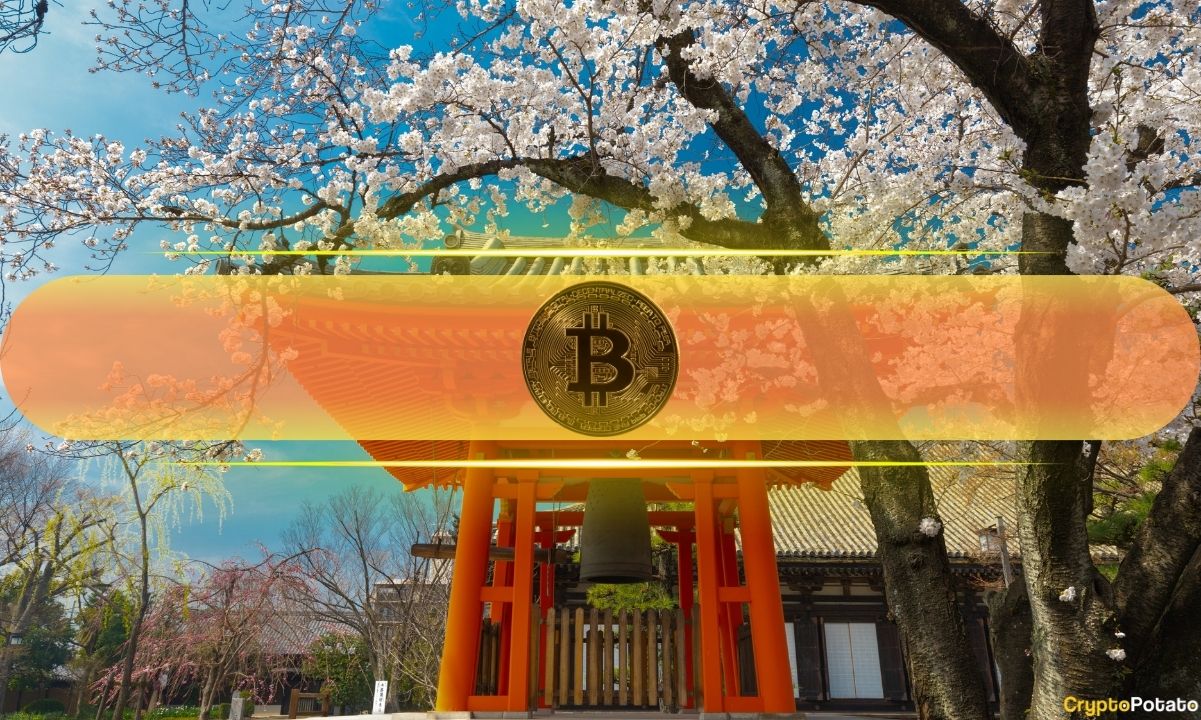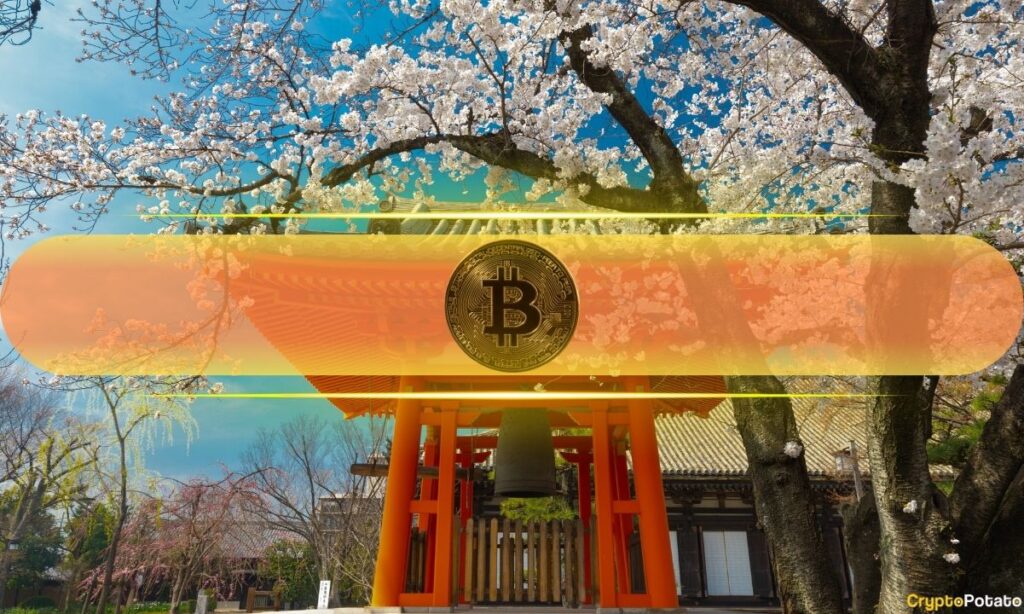
Although Japan only has 20,000 to 40,000 active BTC addresses per day, its enormous household wealth could flow through ETFs and regulated funds.
Japan has officially finalized amendments to its crypto regulatory framework that could potentially increase global demand for Bitcoin.
The reforms aim to clarify custody responsibility, boost institutional participation and position the country as a safe haven for digital assets.
Reform Could Boost Bitcoin Demand
According to crypto research and education institute XWIN Research Japan, the Financial Services Agency (FSA) has completed its 2025 Working Group on Cryptoasset Reform, outlining an overhaul of the country’s rules. At the heart of this effort is the transition from the Payment Services Act to the Financial Instruments and Foreign Exchange Act, which will provide better protection for investors.
It is worth noting that the country’s on-chain activity remains limited, with only 20,000 to 40,000 unique active Bitcoin addresses each day, compared to a global range of 450,000 to 800,000. This means that it contributes only a small share to global on-chain demand.
However, the report highlights that this view is incomplete because Japan has one of the largest reservoirs of household wealth in the world, which, if allowed to participate through ETFs, regulated funds or other institutional products, could see the country become a significant source of new demand.
“With increased credibility and easier access for large asset managers, Japan could ultimately put measurable upward pressure on Bitcoin’s long-term supply-demand dynamic,” market watchers wrote.
Japan tightens crypto rules
The Asian economic powerhouse’s new regulatory approach focuses on investor protection, recognizing that crypto has become a mainstream investment even as fraud, unregistered platforms and information gaps continue to grow.
The changes will introduce new measures, including clear disclosures, rules against unfair transactions, explanations of issuer risks, enhanced security and closer monitoring of business conduct. The FSA plans to take more action against unregistered foreign services and is considering creating a separate category for decentralized exchanges.
You might also like:
It is also preparing rules that would require local digital asset exchanges to maintain liability reserves to protect users from hacks and other operational issues, according to Nikkei. The agency will submit the amendments to Parliament in 2026 and is also expected to classify cryptocurrencies as securities under the Financial Instruments and Foreign Exchange Act.
If approved, crypto platforms would face insider trading bans, stricter custody audits and broader disclosure requirements, bringing crypto rules closer to those applied to traditional financial companies.
These reforms are Japan’s first major step toward creating a transparent, secure, and institution-friendly crypto market. The announcement also comes weeks after reports that the FSA is considering allowing banks to hold and trade digital assets like Bitcoin.
CryptoQuant predicts that the measures taken could put positive pressure on the long-term supply and demand of Bitcoin.
SECRET PARTNERSHIP BONUS for CryptoPotato readers: Use this link to sign up and unlock $1,500 in exclusive BingX Exchange rewards (limited time offer).




